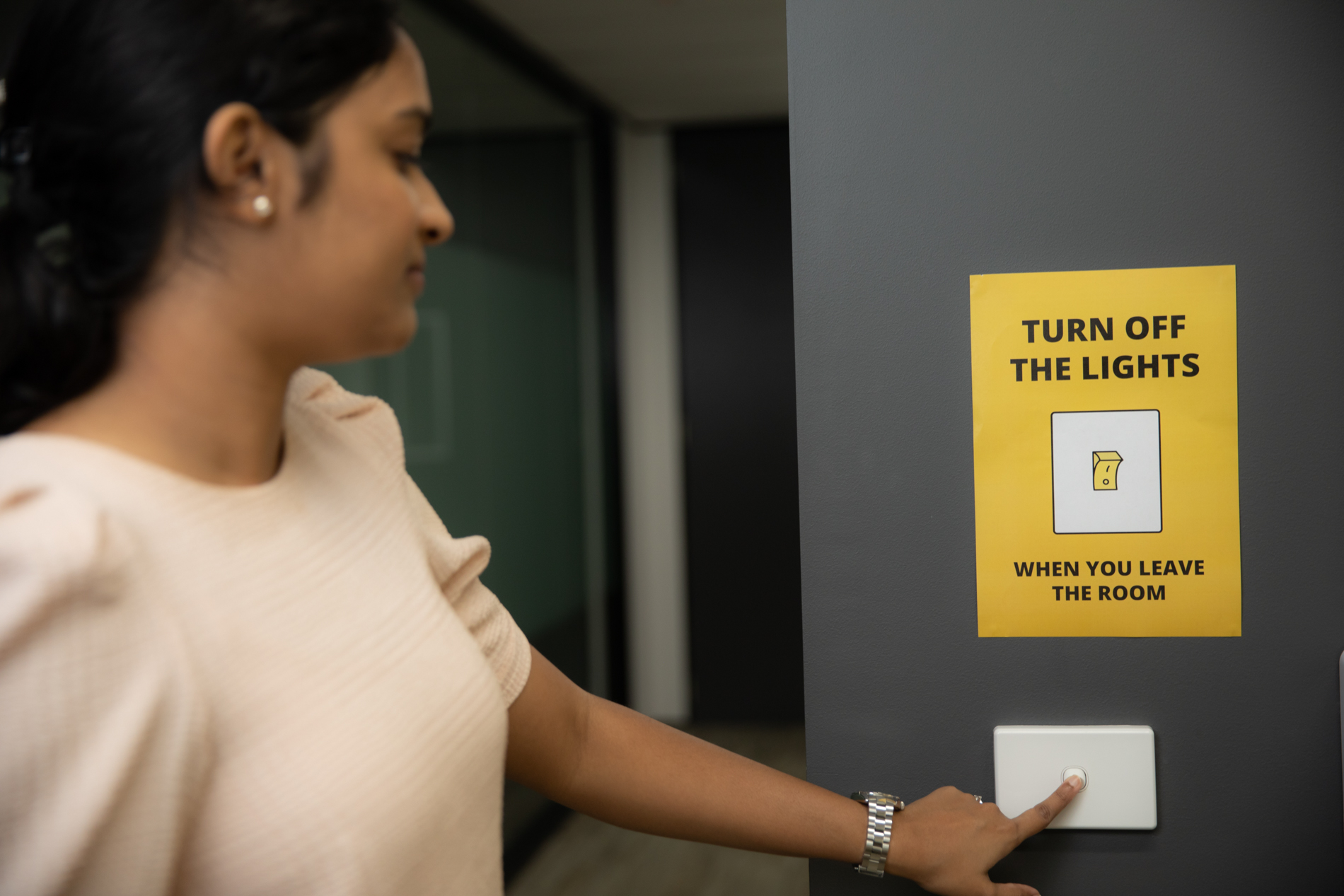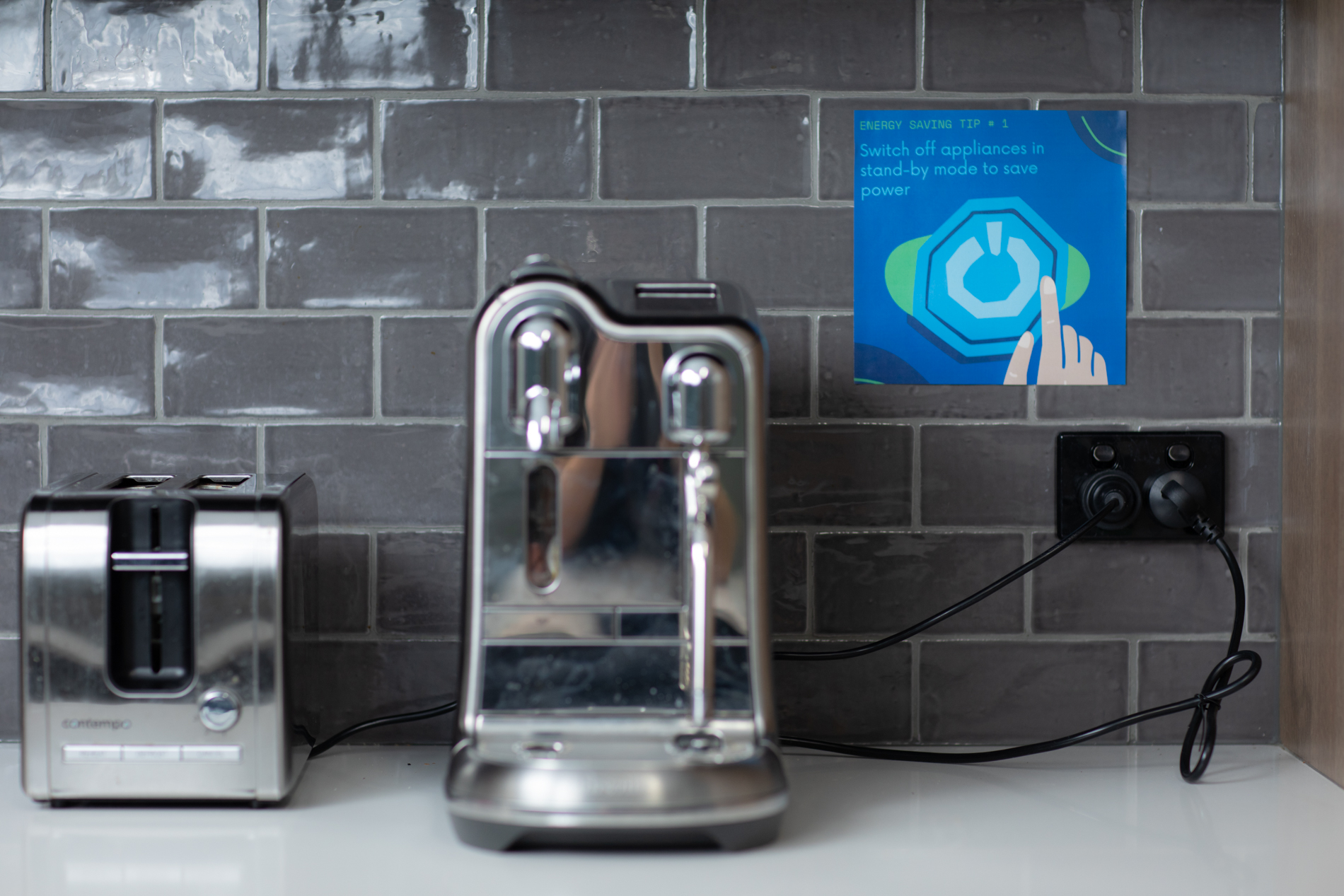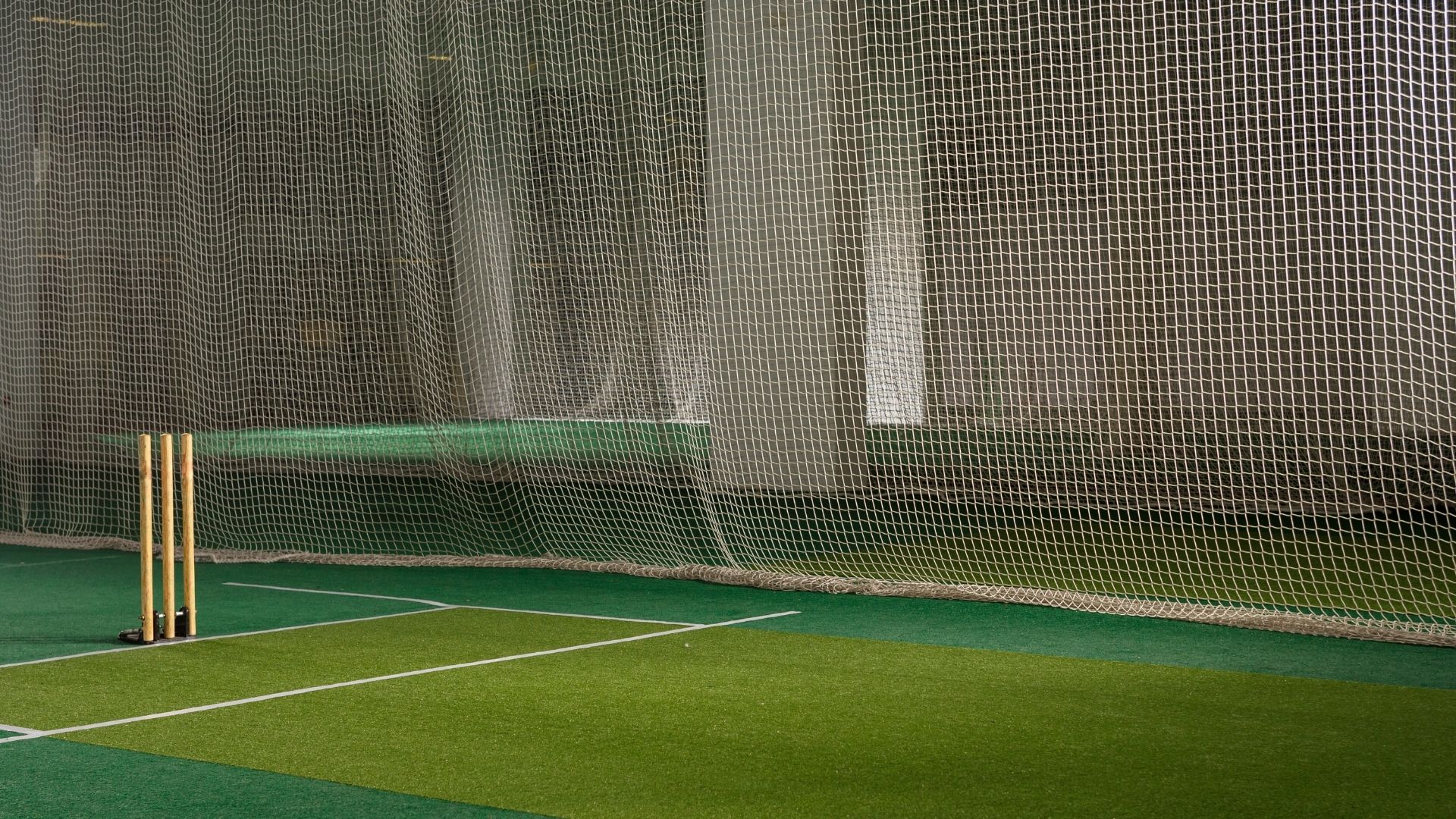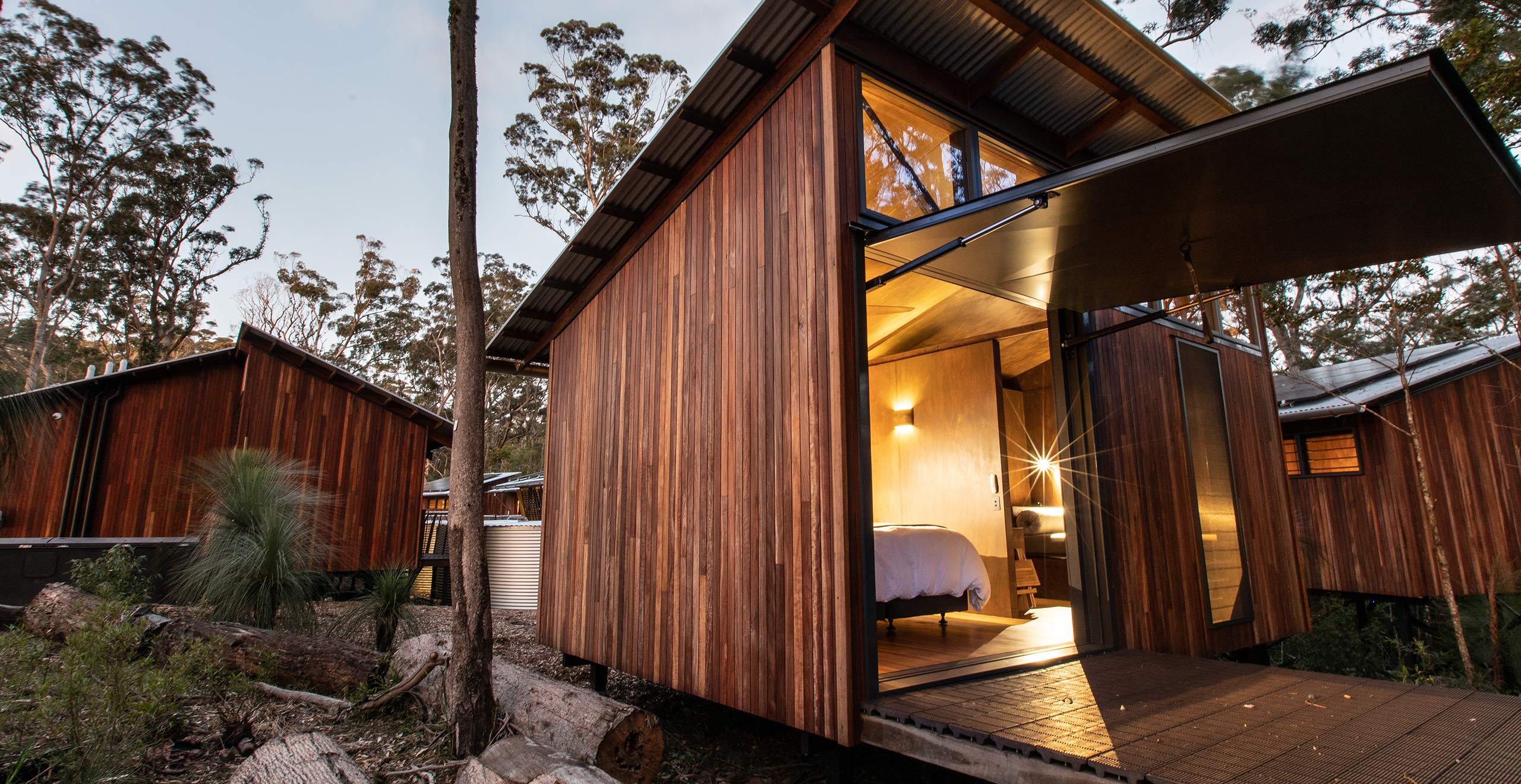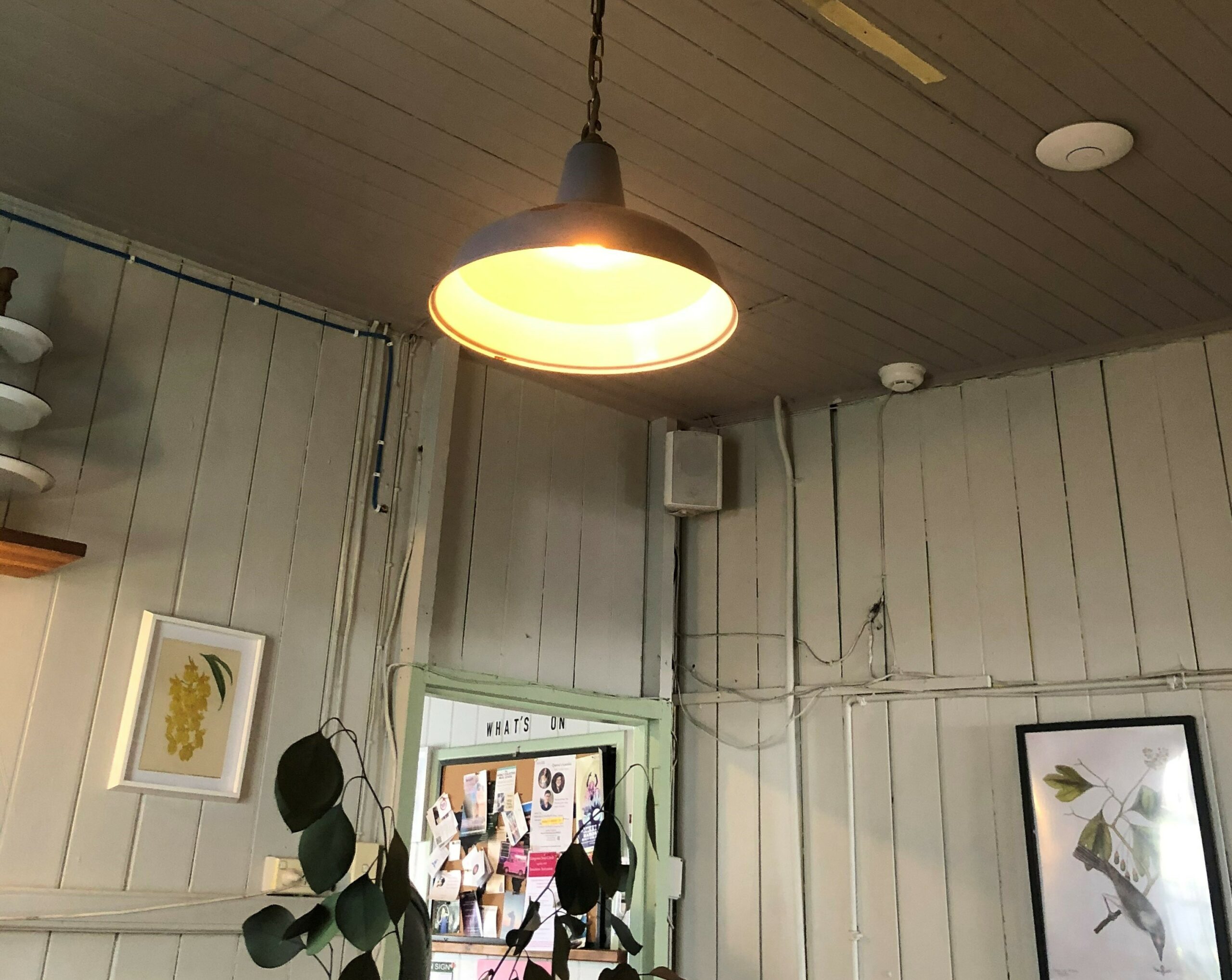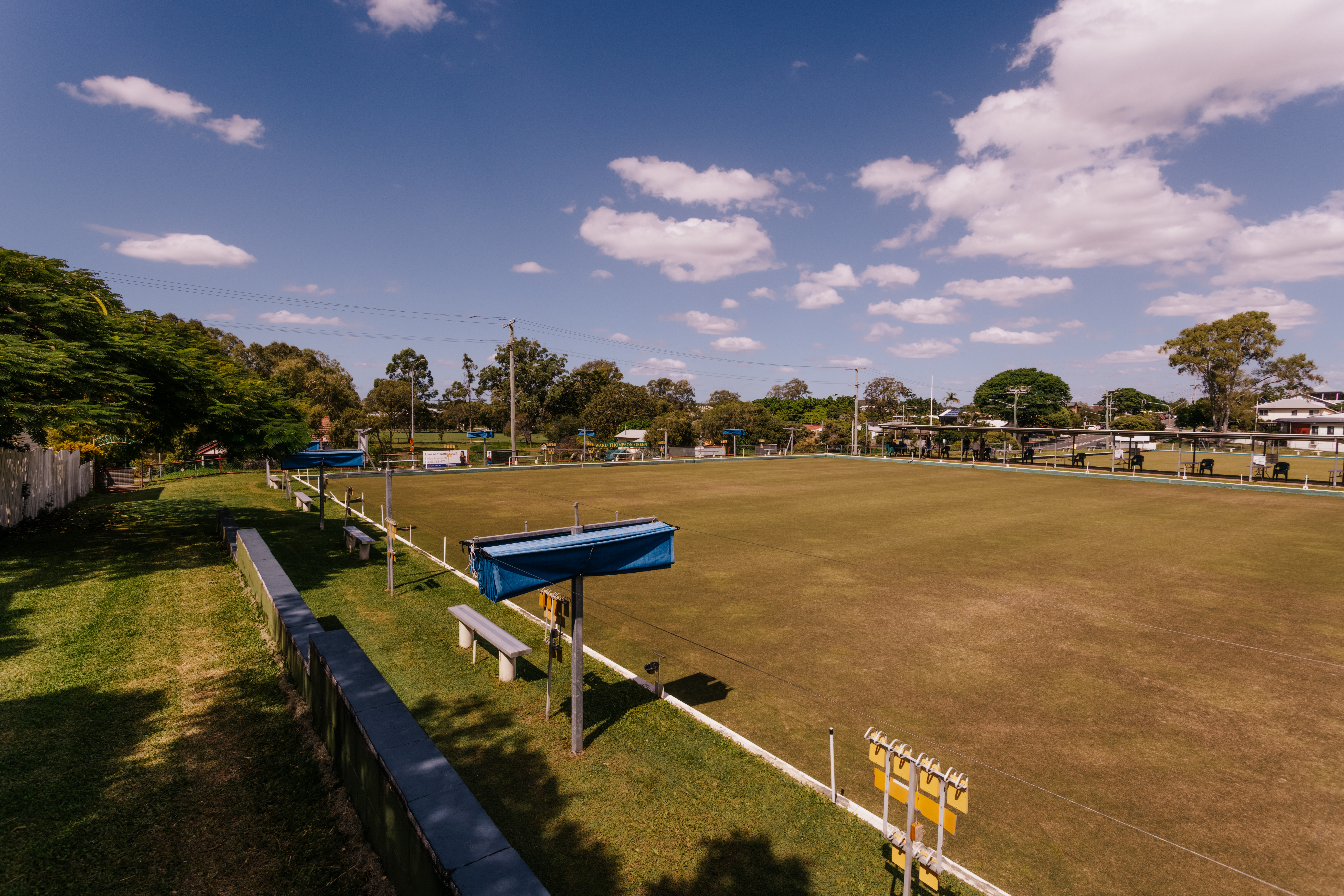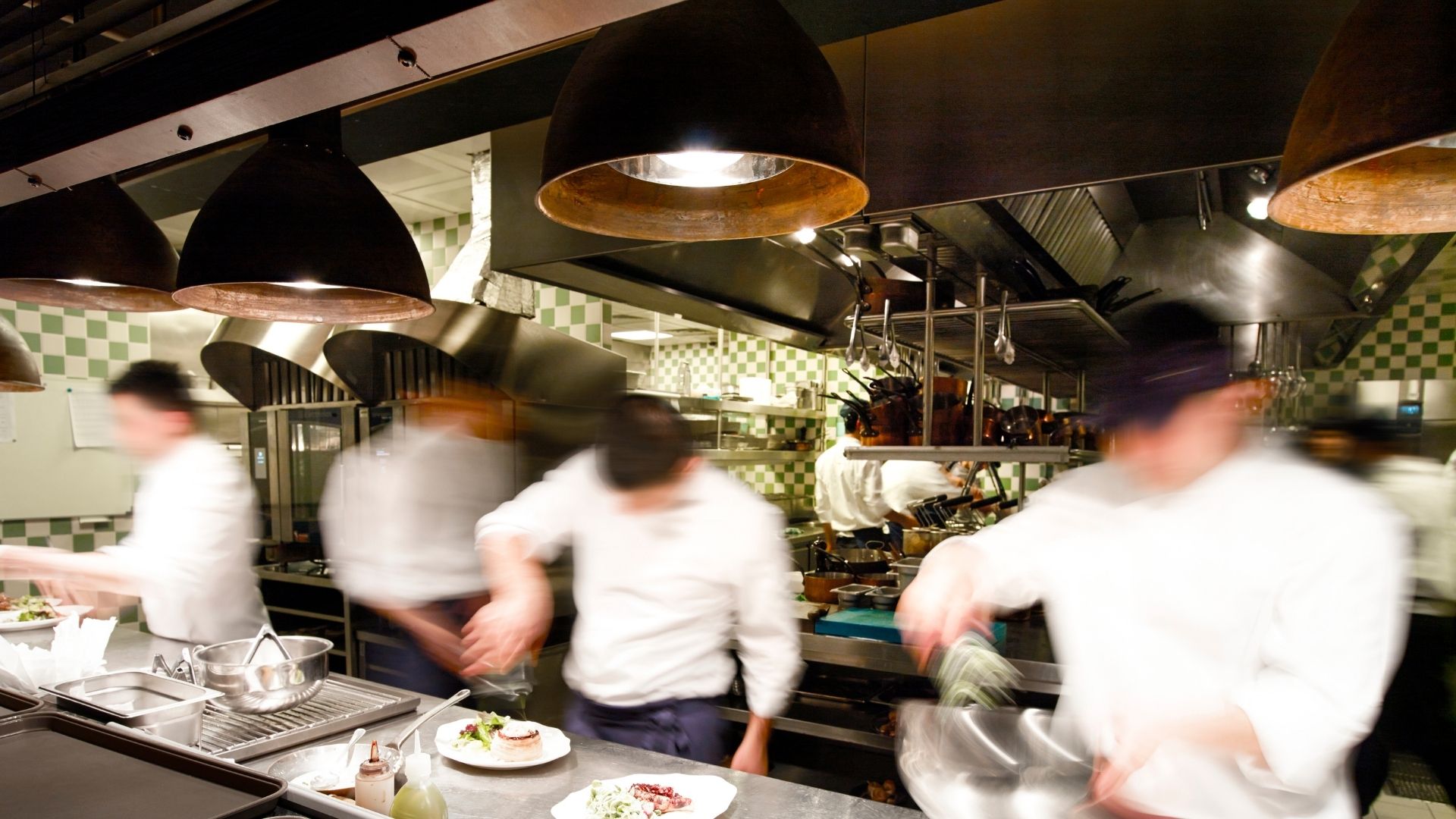Local clothing manufacturer reduces electricity bill by 80%
SCODY sportswear use a solar system and LED lighting to reduce electricity use.
“We have reduced our bills from $2500 a month to $500 a month.”
SCODY is a manufacturer of sports clothing located in Seventeen Mile Rocks, Brisbane. Owner operator Bernard Schreiber and his team of 10 design, print, cut and assemble their products in-house at their 600 square meter premises. In addition to producing the apparel, Bernard and his team also sell products on-site in their retail store, and pack orders to be posted to customers around the country.
Owner operator Bernard Scheiber thinks installing a solar system is a no brainer.
Problem
Producing the 30,000 garments that SCODY provide to local athletes and sports enthusiasts each year requires large electric-powered machinery and a well-lit space. In the past, Bernard and his team dealt with lack-lustre fluorescent, metal halide and halogen lamps in their workspaces and store, that needed frequent replacement and chewed up a lot of energy.
“There was always one or two fluorescent bulbs that were out and needed replacing. It was also hard to get consistency, some lights were warm, some lights were cool. We lived with it but we didn’t realise that it could be much better.”
Not only did SCODY team struggle with lighting quality, but Bernard was also paying much more than he needed to power his business.
Solution
Solar power
In early 2021, after being offered a government grant to upgrade to lighting to LED, Bernard also decided to install a solar system. With the solar system in place, the SCODY team have altered their work hours from a 7am start to a 9am start, to make the most of the time when the solar system can generate the most power from the sun.
“We have reduced our bills from $2500 a month to $500 a month. We should have got solar 10 years ago, it’s a no brainer. The payback period was only 2 years, which is less than we thought. That’s because we use the power during the day, as we generate it.”
That’s more than $20,000 a year saved on operating costs that can be invested into other aspects of their business.
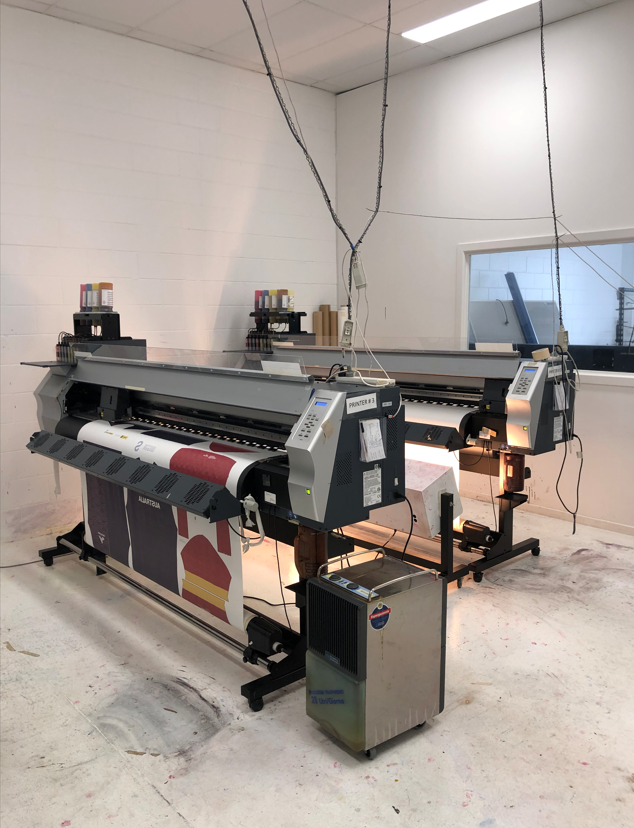
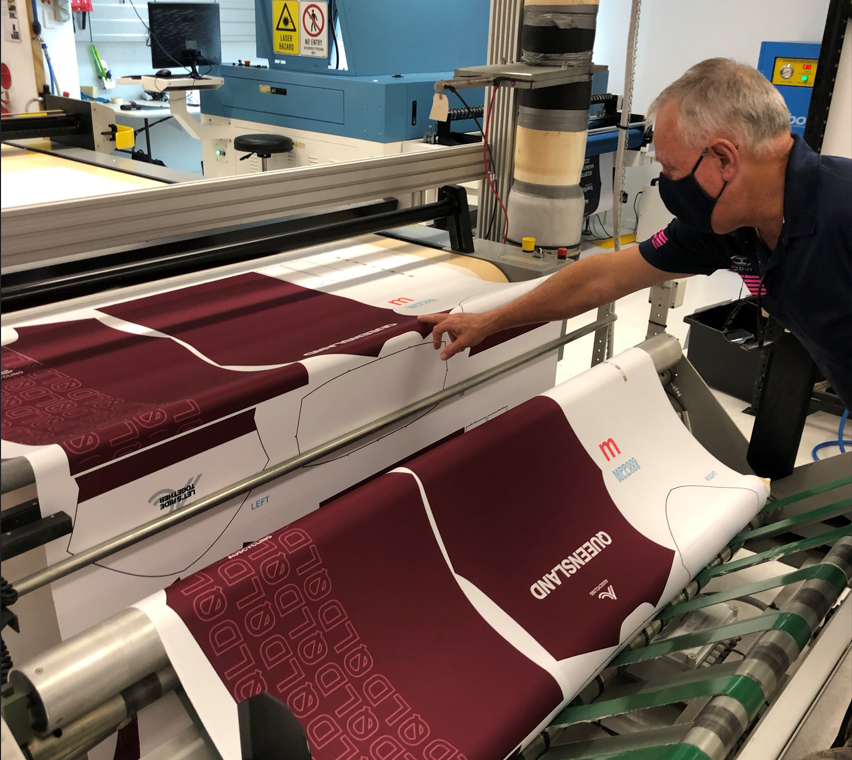
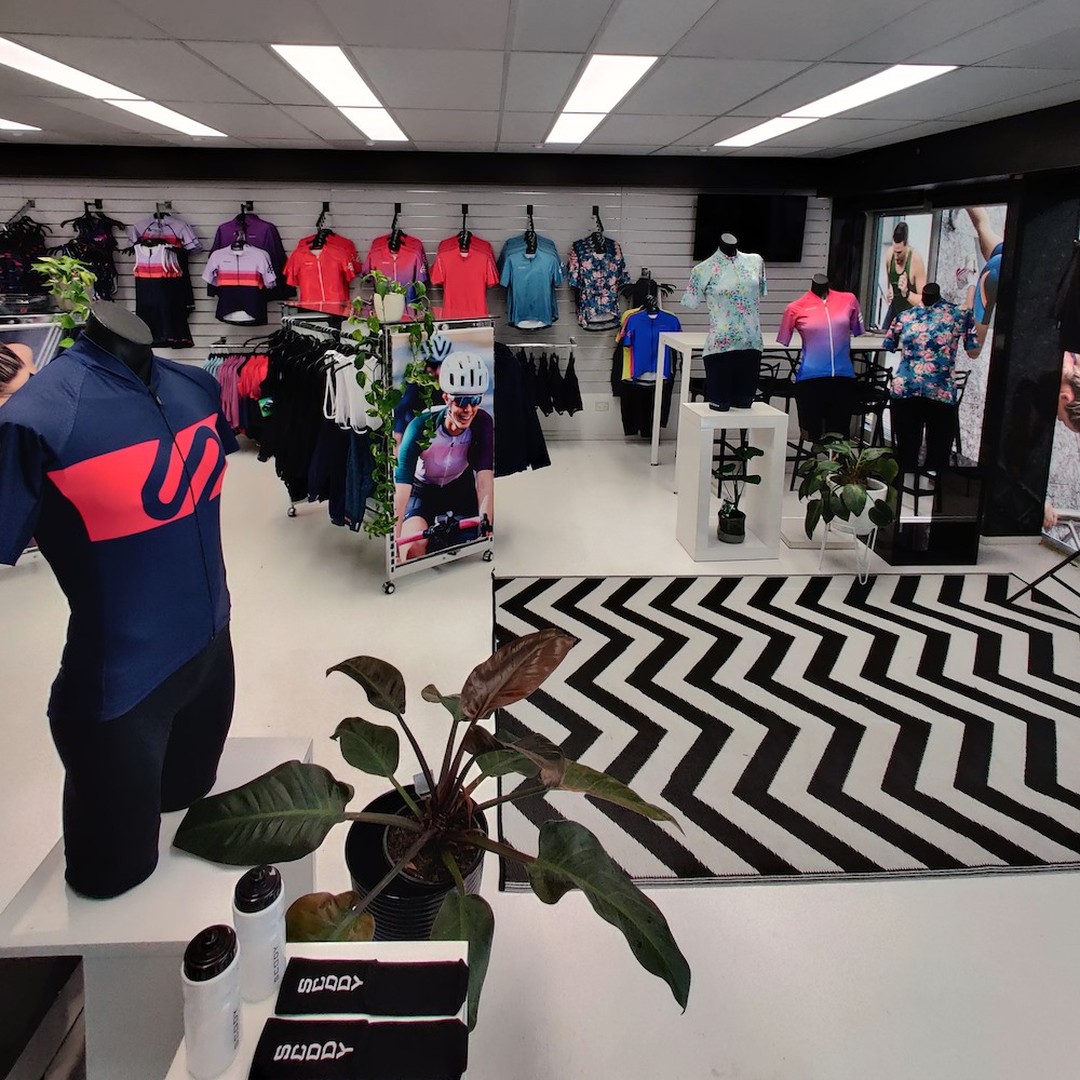
Continuous improvement
For Bernard saving money on electricity through lighting upgrades carried out by Austep and the installation of a solar system, meant more opportunities to invest in the sustainability of their operation and to optimise efficiency.
“Last year we purchased new software that will allow us to minimise fabric wastage in the printing and cutting process. This month, we are transitioning from plastic mailbags to recyclable packaging for all our online orders.”
Bernard and his team are committed to reducing their environmental impact by making small, achievable changes.
One change (big or small) every month
“We all know we have to do more to be more sustainable, so the question is what can we do? Every month we have a meeting and decide what we can do for the next month.”
Some of the other actions that SCODY already takes to be more sustainable include:
- Reusing the cardboard core that comes with fabric rolls for other materials
- Receiving fabrics in cardboard boxes instead of plastic (where possible)
- Recycling cardboard in a dedicated cardboard bin, through their local waste management company.
By focusing on just one change every month, Bernard and his team have already been able to improve the sustainability of their business, with the added bonus of being able to reduce some bills and improve the quality of their space in the process.
You may also be interested in:
What to consider when buying a solar system
Highlights
- 225 LED lights
- 34 kW solar system
- $20,000 reduction to electricity bills

